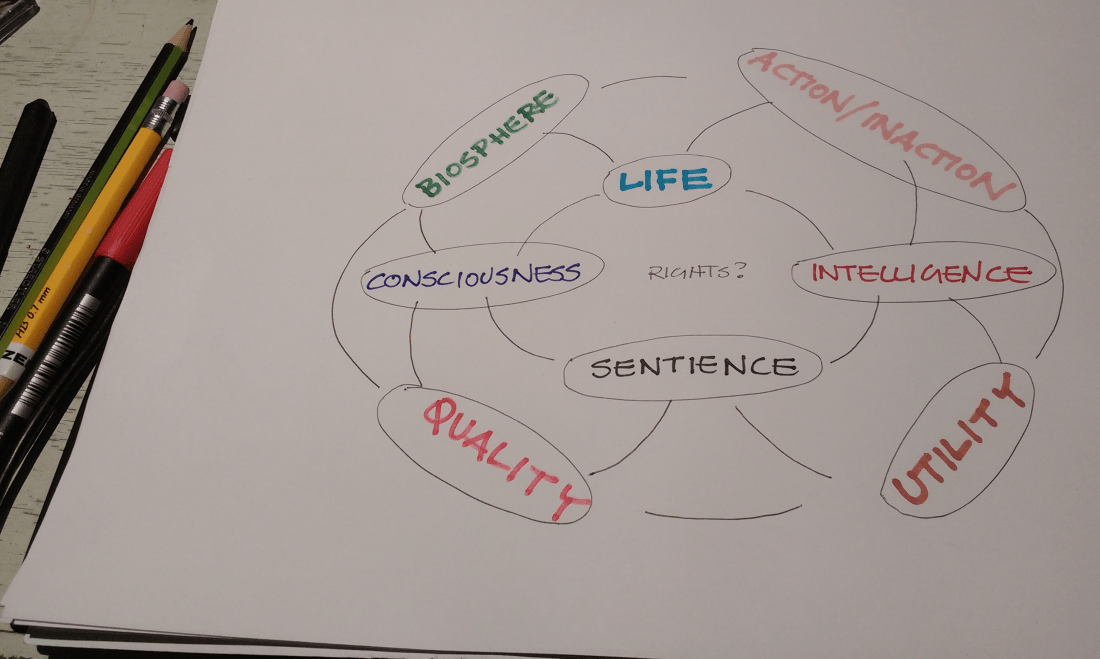UPDATE: This post came from some thoughts that had been with me for some time. The title – ‘life-like governance’ was new. And when I saw the title on the screen, I realised that it encompasses a whole set of thoughts that are wider than this one post.
Accordingly, I have tweaked the title of this post with the suffix ‘Structure thoughts’. I’ll add others that relate, and try to build a more complete picture as I go.
Most conversations around governance as progressive organisations form are either handwavy; “It’ll be flat and super democratic” or hyper-specific; “We’ll be using holocracy and a modified version of dot voting plus some Loomio – read this document”. Or worse, some mash-up of the two. This rarely ends well. Either the Tyranny of Structurelessness asserts its dread grip, or the pancake falls apart into a depressing soggy mess.
But we want to build dynamic, effective organisations that have a chance at living alongside rapacious capitalist analogues, and so we must relate to our stakeholders in ways which engage them, and which capitalism cannot copy or steal.
We must have good governance, and it must be engaging.
If we can’t achieve this, we should go and try some other mode. For if we succeed on the basis of something that capitalism CAN do, we will be overrun – access to capital is their superpower (for instance it enables Uber to run at a massive loss, now and for years to come).
Our superpower is humanity. We can and must relate to our stakeholders (whether at the core, at the coalface, or customers) on a basis which engages them as whole humans – to the extent that they will stay because they want to, because they know they want to be with us, rather than with the ‘cheaper’, ‘faster’, ‘flashier’, ‘sexier’, ‘bigger’ that capitalism will always offer.
So here are some thoughts on founding our thinking in notions of ‘life-like’ qualities.
ONE
An idealised scenario for our experience with life-like governance:

We spend our daily lives doing what seems to come next. Only if there is some doubt about whether what we plan to do ‘fits’ do we need to think about ‘policy’. Policy is kept in the pit. Continue reading “Life-like governance: structure thoughts” →













